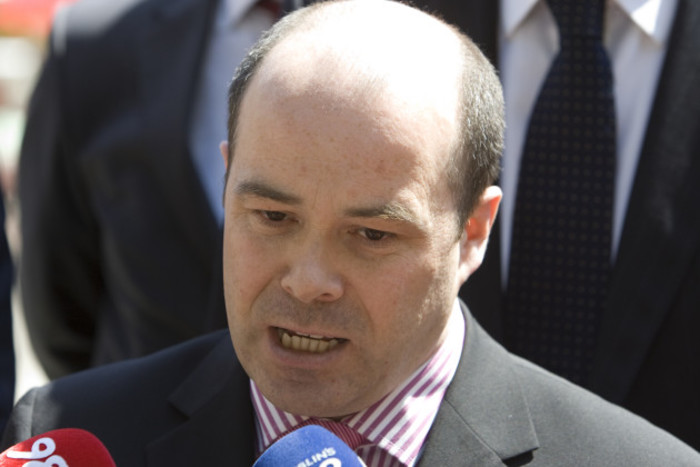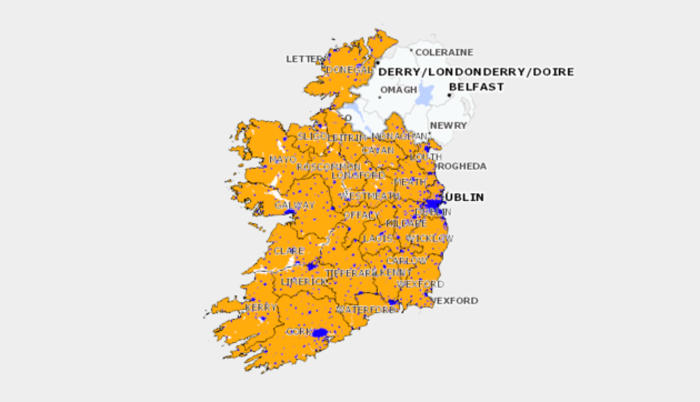The government is going to privatise the long-awaited rural broadband network
The decision was announced today by the minister for communications after it was agreed upon by cabinet.
THE GOVERNMENT HAS opted to privatise the National Broadband Plan (NBP) and hand over full control of the infrastructure to the private sector once the 25-year contract has expired.
Minister for Communications Denis Naughten made the announcement today after it was agreed upon by cabinet.
The contract for the project, which is set to come into effect next year and see the provision of high-speed broadband to household and businesses plagued with connectivity issues, is currently in the procurement phase.
Two financing models for the NBP were put forward to the government, commercial stimulus (or gap funding) and full concession. Both options would have seen the project financed by the private sector, however only the latter would involve the infrastructure being handed back to the state once the NBP contract expires.
 Minister for Communication Denis Naughten
Minister for Communication Denis Naughten
Speaking about the reasons behind privatising the NBP, Minister Naughten said he recognised the potential long-term value of the government owning the network, but this would reduce the capital funding available over the next several years.
“Under a full concession model, the entire cost of the project would be placed on the government’s balance sheet, with serious implications for the available capital funding over the next five to six years,” he said.
“Given that both models will deliver the same services and be governed by an almost identical contract, I cannot justify reducing the amount of money available to the government for other critical priorities such as climate change, housing and health, over the next six years.”
Fianna Fáil’s spokesperson for communications Timmy Dooley criticised the move, adding that he plans to put forward an amendment to the private members motion in the coming days that will give the Dáil a chance to debate and take a vote on the issue.
Redrawing the map
The communications minister has also revealed that he will be forced to amend the High Speed Broadband Map that has been published by the department in order to add up to 170,000 more premises to the works involved under the NBP.
Premises in the amber zones represents those that will be included in the State’s National Broadband Plan, while the blue area designates houses and businesses that are being looked after by commercial operators.

Click here for a larger version
Minister Naughten said the 170,000-odd houses had to be reassigned to fall under the NBP due to a shortfall in commercial telecoms investment.
He added that his department will clarify exactly how many premises need to be reassigned to the amber area of the map in the coming months and that the addition of these locations to the project will not cause any delays.
At present, approximately 757,000 premises are located in the amber zones and 1.6 million are in the blue areas of the map.
Bidding process
At the press briefing for the NBP, Minister Naughten also gave an update on the procurement process for the project and stated that there are several parties still involved in bidding for the contract.
He added that the next stage of the procurement process will see the department inviting those still involved in the bidding process to dialogue with the department and that the programme will have formal contract in place by June 2017.





